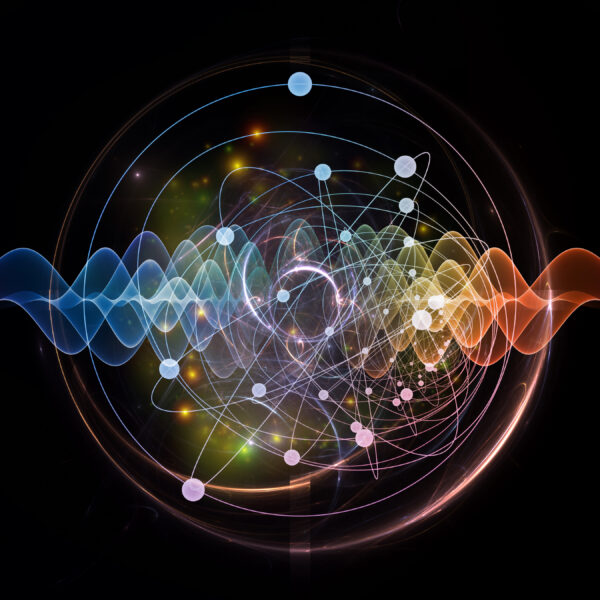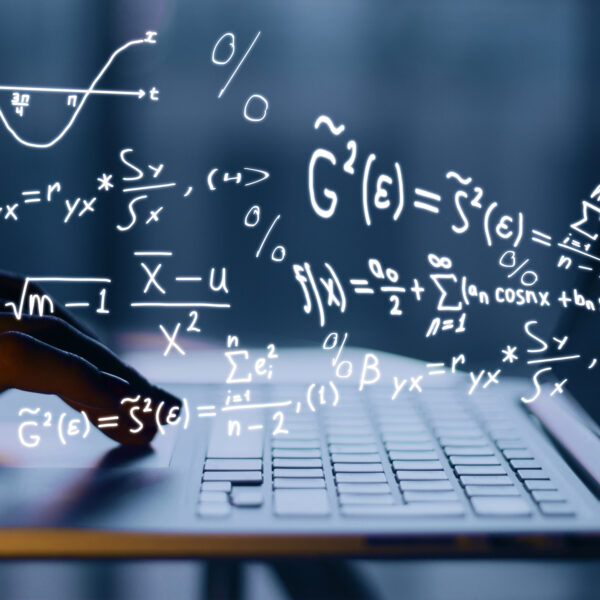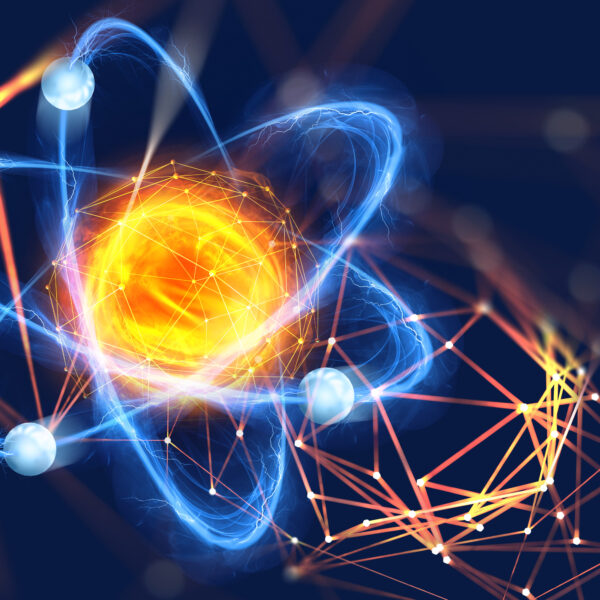Workshops
-
Neutron capture reactions play a dominant role in several astrophysical processes, in particular for the synthesis of heavy elements. The traditional slow (s) and rapid (r) neutron-capture processes include neutron capture reactions along the valley of stability and all the way out to the extremes of the nuclear chart. Additional processes have been proposed recently to account for astronomical and stardust observations, namely the intermediate (i) process and the n process. Disentangling the contributions from the various processes requires a good handle of the nuclear data input. Neutron-capture reactions are one of the most uncertain properties since the relevant reactions cannot be measured directly on short-lived nuclei. The workshop will bring together astrophysics modelers who identify the important neutron-capture reactions, nuclear theorists who predict their cross sections and experimentalist focusing both on direct and indirect measurements.More info
-
This workshop will gather leading international researchers in nuclear physics, statistics, and applied mathematics to explore and discuss how new and existing statistical methods can enable progress on the frontiers of nuclear physics, spawn new directions for the field, and catalyze techniques that ensure maximum & reliable use of data taken in nuclear-physics experiments.More info
-
Methods to simulate physics systems simultaneously across a range of temperatures provide a natural way to study thermodynamic phases, phase transitions, and criticality in many systems. These multi-canonical methods already represent a very promising approach for upcoming lattice field theory (LFT) calculations, and ongoing research is working towards achieving state-of-the-art applications. Recently, additional momentum has been generated by new connections to machine learning (ML) methods. This workshop aims to bring together the community of researchers working on developments in multi-canonical methods, both within LFT and in other domains, with the objective of cross-pollinating ideas and identifying future directions for this field. Key topics to be discussed include density-of-states methods, nested sampling, parallel tempering, out-of-equilibrium simulation, and connections to flow and diffusion ML models.More info
- 1
- 2


